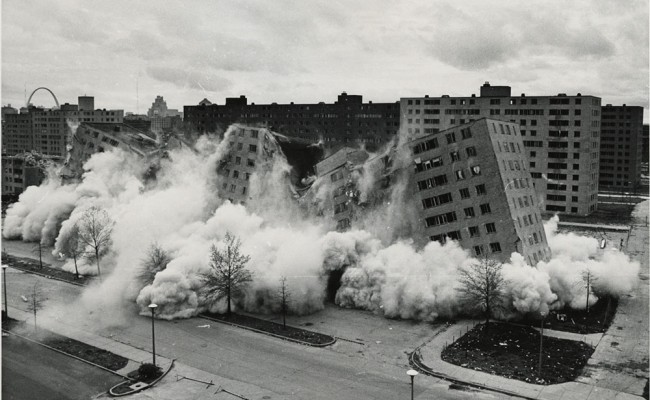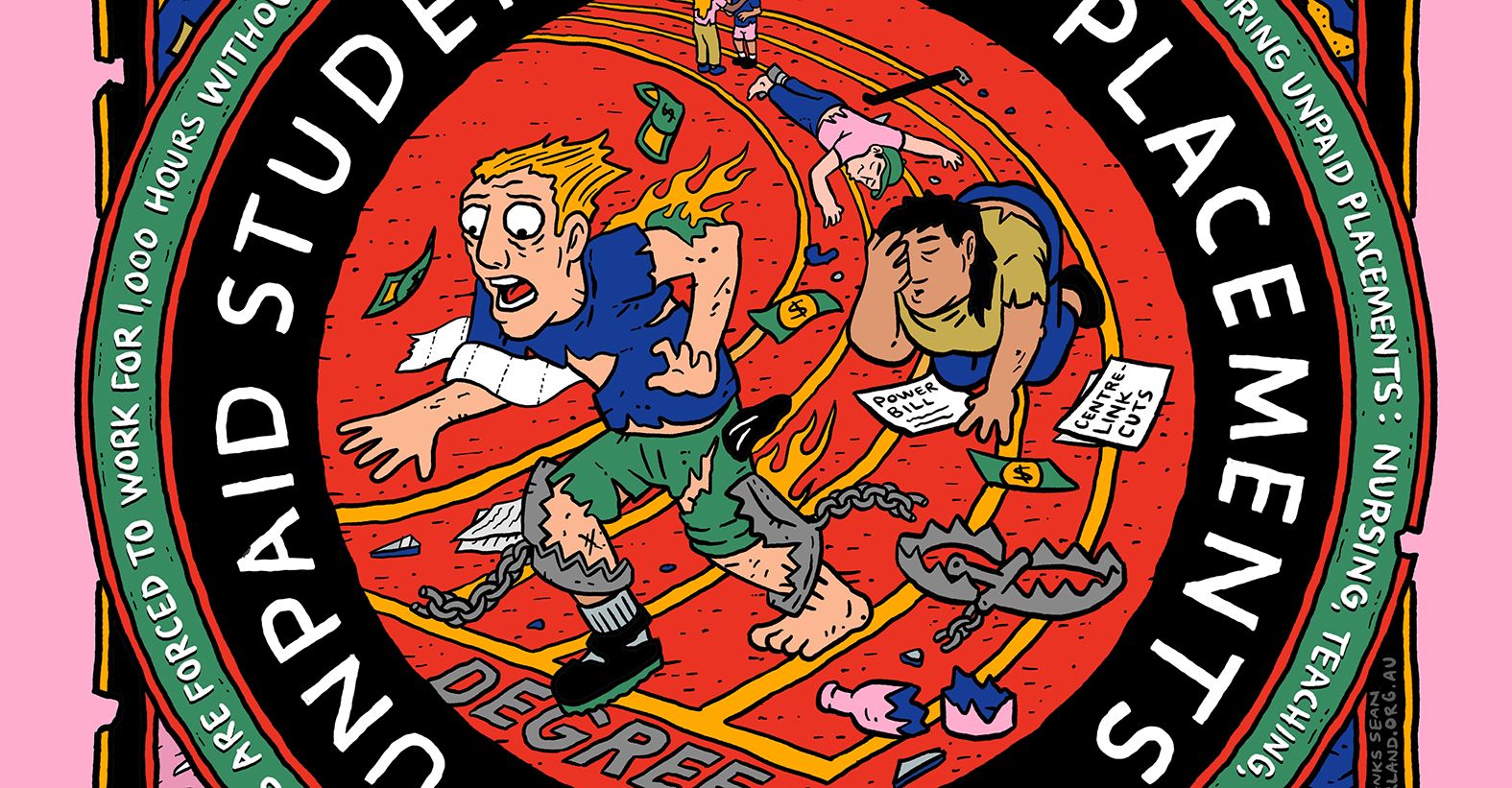A couple of months ago, I stormed out of my waitressing job. It was one of three jobs I had been working to stay afloat financially. The duty manager of this restaurant had spent the two months I’d worked there criticising me for every aspect of my work. On the night I quit, he’d spent a great deal of time slagging me off because I was, in his opinion, re-setting tables too slowly.
This is by no means close to the worst treatment I’ve experienced in the service industry. It’s just that my willingness to put up with being bullied has dwindled over the 12 years I’ve worked in the hospitality and service sector.
There’s the demeaning and often humiliating treatment, which ranges from put-downs, cut shifts, routine criticism and verbal harassment from both managers and customers, to the more insidious behaviour from customers, such as sexual harassment and assault and sometimes outright violence.
I’ve had chefs throw hot pans at me. I’ve had customers throw glasses at me and flick their cigarettes at me. I’ve had guys at bars push their fingers up my arse and grab my tits while I was working. I have never reported it because I was afraid of losing my job. Instead, I have tried to laugh it off. I’m earning minimum wage, and speaking out has a cost, always.
Years ago, I worked at a nightclub. While cleaning the toilets, a guy came up behind me, pushed me into the stall and slammed the door behind him, shoved his tongue down my throat, and groped me. I managed to fight my way out of the toilet stall but I said nothing to my manager and worked the rest of the night as if nothing had happened. I have lost count of how many times I have been assaulted on shift. This is what 12 years of working hospitality as a woman looks like.
Working multiple jobs at once is the only type of ‘job security’ I’ve ever had. You learn that an employer has less power over you economically if you have a Plan B. Working two or even three jobs means I have more chance of scrounging together enough cash to survive. I’ve come to accept there’s no such thing as secure employment or a guarantee of hours, let alone a contract which serves and protects me as a worker – that is, if I’m even given a contract. In the last two years, three employers haven’t bothered.
Casualised and precarious work is not an accident: it’s a designed outcome of neoliberal policies implemented by Australian and New Zealand governments over the last 30 years. I spoke with a hospitality worker named Liz* who’s a university-educated 29-year-old. She’s struggled to find any meaningful work related to her skill set after finishing her degree, so instead she’s worked in hospitality for the past 11 years.
The day I spoke to Liz, who is living in Australia, told me she’d spent the previous day crying because her employer had promised her between 20–30 hours a week but had routinely given her only 10 hours or less. For the last year she has suffered regular panic attacks, not knowing what her pay cheque will be from one week to the next. Australia has one of the highest minimum wages in the world and workers are still entitled to penalty rates. But high wages and compensation for working nights and weekends brings no relief if you have no guarantee of hours. Liz was effectively on a zero-hour contract. United Voice, reported in April of this year:
Hospitality is Australia’s most casualised industry. 56.9% of workers have no leave entitlements, and – surprise – the majority are women. The all-industries average is 20.1%.
This is the new economy: where full-time work no longer exists for the millennial generation, and casual work is all you can access if you were born into the working class.
The casualisation of work creates a chronic and acute sense of personal and economic insecurity which forces workers into competition with one another. That not only pushes wages down, it also creates hostile work environments. This hostility is reflected in a surge in workplace bullying and intimidation that is now reaching epidemic levels in Aotearoa/New Zealand and around the world. A 2012 study by the New Zealand Work Research Institute at Auckland University of Technology found almost one in five New Zealanders had experienced workplace bullying. An Australian House of Representatives Committee inquiry in 2012 reported that workplace bullying is costing between $6 billion and $36 billion annually.
For the greater part of my working life I have been told I should be thankful and even grateful that I have a job, no matter how badly paid, repetitive, physically dangerous or insecure that job might be. Neoliberalism is coded in pacifying ‘self-help’ language paired with the idea that we should practice ‘gratitude’ in our daily lives to reach peak fulfilment and personal happiness. We might as well be told to seek out the positives in poverty. The reality is: there are none.
Politicians around the world talk about higher wages and job creation as some kind of solution to the instability widely felt by workers. But what they often fail to recognise is higher wages don’t mean anything if your employer cannot – or outright refuses – to guarantee you consistent hours.
I have never had one employer in the service sector guarantee me even one hour of work a week. I once earnt New Zealand’s living wage of $19.25 an hour (which has now risen to $19.80) at a hospo job, but like nearly every job I’ve ever worked, I had no guarantee of hours. The living wage is pointless if employers are not held to account over the insecurity they induce through cripplingly inconsistent hours. My shifts at my ‘living wage’ job ranged from one hour of work to five. It cost me $12 just to get to this job on public transport, so sometimes I’d come away from work at the end of the day having made almost no money at all.
Job creation will not ‘transform’ the lives of workers. It’s not even part of the solution. Instead, it’s a stalling tactic; a mollifying measure designed to give workers a false sense of hope that one day their lives will get better. As economist and author Guy Standing wrote in The Precariat and Class Struggle:
To take to the streets and shout slogans demanding jobs serving hamburgers or loading shelves in supermarkets is hardly dignifying or threatening to the rentier beneficiaries of the global market order.
Standing is half right: shouting slogans demanding ‘more jobs’ serving hamburgers may not be particularly threatening to those who control and benefit from ‘the global market order’. But without a doubt there is dignity and power in workers collectively organising to regulate their industries and demand fair pay for fair work.
In March of this year, New Zealand finally banned zero-hour contracts. This was the result of over a decade of campaigning by Unite Union, fast food workers and labour rights activists. It took sustained pressure: small and large pickets, protests, and a comprehensive media campaign to make it happen. And it worked. It was a landmark win for workers subject to casualisation and unpredictable rostering.
And more recently in Australia, an estimated 640 Polar Fresh workers engaged in strike action when they walked off the job demanding better pay and work conditions for an increasingly casualised workforce. After three days of sustained pickets and direct actions with the support of unions, these striking workers, managed to win on average a 4.75 per cent pay increase and 50 permanent full-time positions as well as additional benefits. As the National Union of Workers reported, ‘working conditions such as paid breaks, RDOs and double time for overtime after two hours were also won.’
Waged and precarious labour is deeply exploitative. It leaves workers at the mercy of their employer and promises a life of poverty and insecurity. But from New Zealand to Australia, examples of resistance are emerging. From Polar Fresh workers to the fast food workers who ended zero hours, workers are fighting back – and when workers fight back, they can win.






